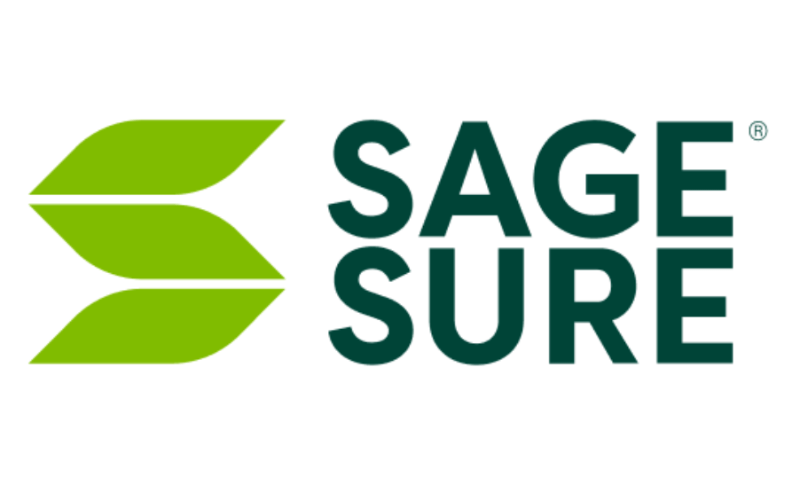
Return to Work EPLI Exposures Life in New York may be returning to normal soon.Governor Cuomo announced that most remaining COVID-19 restrictions would be lifted once 70% of adults in the state received their first dose of the vaccine – a goal that Gothamist says has now been reached.On June 15, Cuomo confirmed that “virtually all” restrictions would be lifted immediately, according to Business Insider.
It’s not just New York.Around the country, many offices and other businesses are reopening.While many see this as a cause for celebration, it’s also creating employment liability risks.
Employees Don’t Want to Return The American Psychological Association’s Stress in America study found that 49% of Americans report feeling uneasy about adjusting to in-person interaction after the pandemic is over, and 46% do not feel comfortable returning to living life the way they did before the pandemic.Many workers have also found that they enjoy working from home, and that the arrangement can save them both money and time.A FlexJobs survey found that 58% of people who have been working remotely during the pandemic say they’ll look for a new job if they’re forced back into the office.
According to Bloomberg, it appears that some employees are already doing so.This means that managers trying to corral workers back into the office may be facing an unwilling workforce.This may lead to conflict and heightened liability exposures.
Coronavirus Exposure According to Risk & Insurance, increased capacity may lead to increase COVID-19 liability claims.Although the COVID-19 vaccine can prevent infection, fully vaccinated people may still catch the coronavirus and its variants.Despite this, many people are relaxing their safety protocols.
This could result in increased exposure, both in terms of the virus and liability.Companies that retaliate against workers who raise safety concerns may find themselves in trouble with OSHA.According to SHRM, OSHA had received 5,188 whistleblower complaints as of April 11, 2021.
An employee might claim retaliation if they are fired or demoted after making a complaint, or if they are denied overtime or a promotion.Workers may also allege retaliation if they are fired after refusing to return to the office because they feel it is too soon or otherwise unsafe.Vaccination Issues Getting everyone vaccinated may seem like the simplest way to hasten a return to normal, but not everyone is onboard with the vaccinations.
Some employers are choosing to require vaccinations.However, they have to navigate requests for exemptions based on disability or religious beliefs.At least one lawsuit has already been filed.
According to CBS News, hospital workers in Texas sued after the hospital suspended 178 employees without pay for failing to get fully vaccinated, but a federal judge has already dismissed the lawsuit.Other employers may try a carrot instead of a stick and incentivize workers to get vaccinated.However, this strategy could also lead to liability exposures.
According to MarketWatch, new EEOC guidance says that incentives should not be “so substantial as to be coercive.” Some people have already criticized this restriction as being vague and unclear – exactly what qualifies as coercive may be subject to debate.The Bottom Line Return-to-work decisions must be carefully navigated with a heightened awareness of your employment practices liability exposures.If you have questions, be sure to consult with legal counsel.
It may also be a good time to consult with your BNC insurance agent to review and understand the scope of your EPLI coverage.
Publisher: Normal for Business








